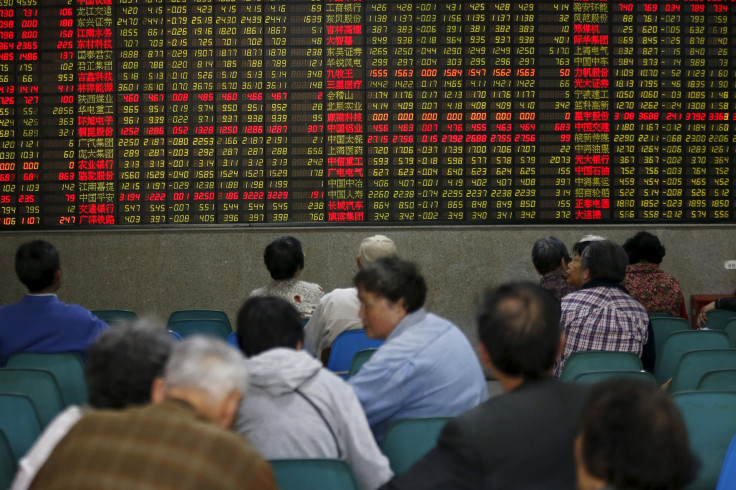Asia Stocks Slip, Europe Subdued Ahead Of BOJ, US Fed Meetings; Oil Surges Amid Prospects Of Easing Glut

Asian stock markets closed mostly lower while their European counterparts were subdued in early afternoon trade Wednesday as cautious investors awaited key announcements by central banks in the U.S. and Japan.
When the U.S. Federal Reserve gives its monetary policy update later Wednesday, it is unlikely to change interest rates. However, views are split on whether the Bank of Japan, which adopted negative interest rates on some reserves that lenders park at the central bank, will loosen its purse strings further.
“We may see weaker volume as investors hold off ahead of the Fed meeting today and the BOJ tomorrow,” Angus Nicholson, a market analyst at IG, told Bloomberg. “Speculation is pretty high that we’re going to see some sort of announcement of further easing from the BOJ, particularly with regard to an increase in ETF purchases, a benefit to the equity market.”
In overnight trade Wednesday, Japan’s Nikkei 225 index ended the day down 0.36 percent. China’s Shanghai Composite index slipped 0.37 percent, South Korea’s Kospi dropped 0.21 percent, while India’s S&P BSE Sensex ended up 0.22 percent, extending the previous day’s rally.
Meanwhile, in Europe, the pan-European Stoxx 600 index rose 0.2 percent in early afternoon trade after dropping nearly 0.4 percent at the open.
The U.K.’s FTSE 100 was down 0.22 percent, as shares of most banks and miners dropped during early trade. Investor sentiment in the country was also likely hurt by official data that revealed that the British economic growth was losing steam. In the first quarter of 2016, the country’s gross domestic product grew at just 0.4 percent — in line with expectations but down from 0.6 percent in the previous quarter.
“Right now, possible referendum jitters are making the data difficult to interpret so we expect the [Bank of England] to remain in ‘wait and see’ mode on interest rates,” analysts at Investec Economics reportedly said. “But, [if] growth picks up a little later this year and, crucially, as wage-related inflation pressures start building, our call is that the [Monetary Policy Committee] will begin on a gradual and limited path of rate rises from this November.”
In the U.S., stock futures pointed to a sluggish start on Wall Street. At 6:54 a.m. EDT, Nasdaq futures were down 1.12 percent, while S&P futures and Dow Jones futures were both down 0.25 percent.
Among commodities, both oil benchmarks — Brent crude and the West Texas Intermediate (WTI) — rose Wednesday amid signs that a global oil glut was finally easing.
Data released by the trade group American Petroleum Institute showed that U.S. crude inventories dropped by 1.07 million barrels last week. As a result, WTI futures on the New York Mercantile Exchange rose 2.2 percent to $45.01 a barrel — hitting a new 2016 high — before dropping to $44.90 a barrel at 6:54 a.m. EDT, while Brent crude futures on London's ICE exchange were trading up 2.3 percent at $46.79 a barrel.
© Copyright IBTimes 2024. All rights reserved.






















